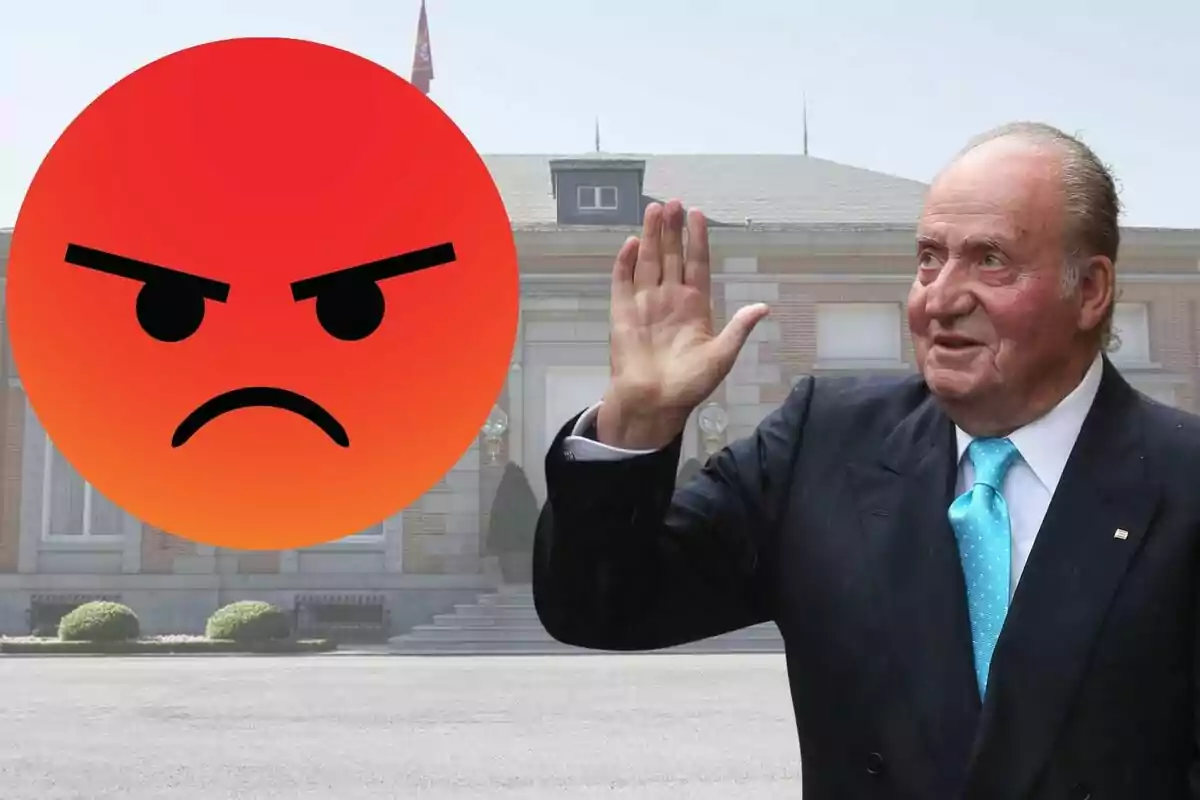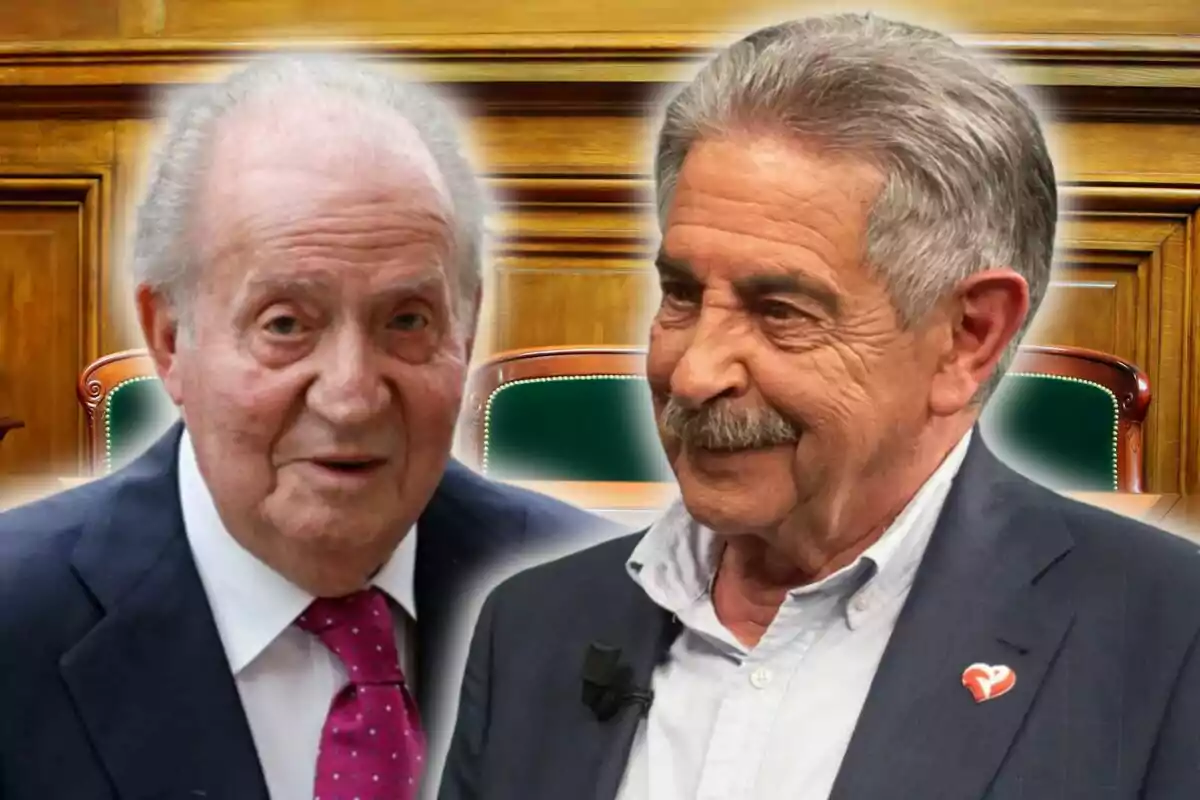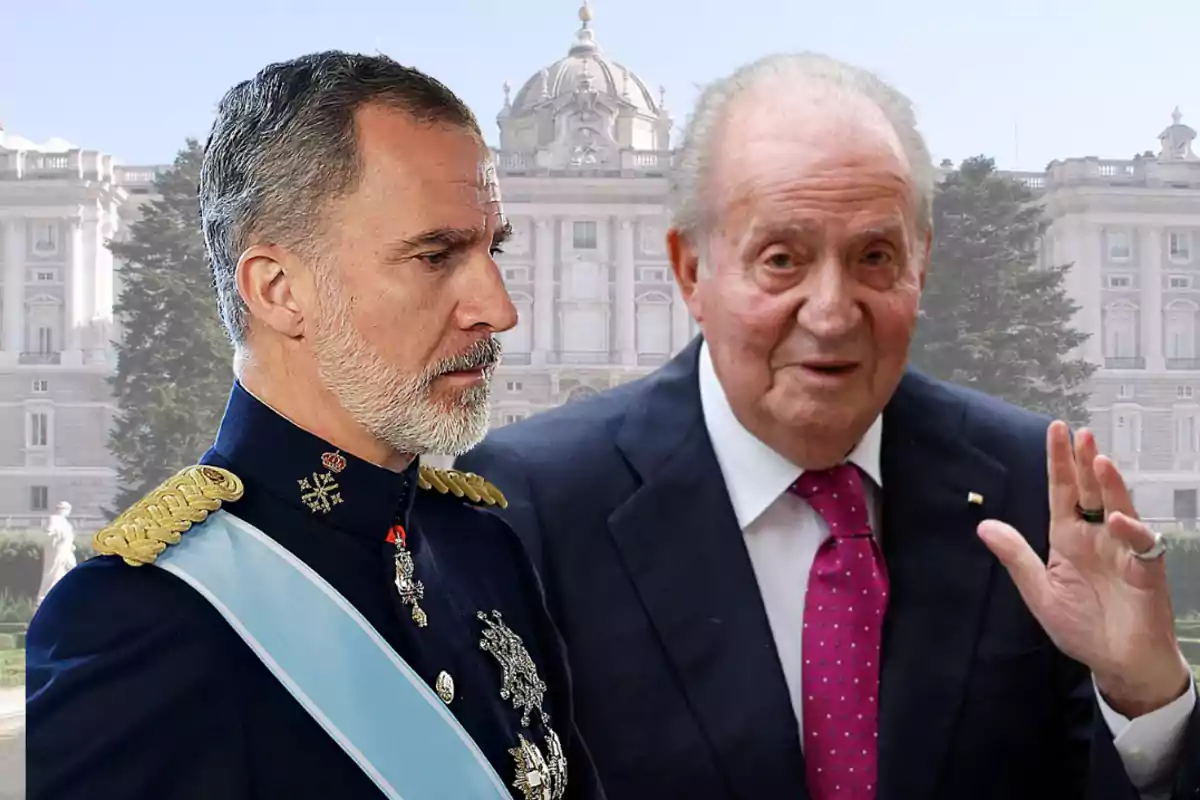The emeritus king Juan Carlos I is once again in the spotlight, this time not because of his past controversies, but because of an intimate and desperate plea: he wants to return to Spain to die in the place that was his home and the symbol of his reign. This request, filled with emotion and gravity, comes in a context marked by isolation, physical decline, and a family rupture that now seems irreparable.
A king alone, ill, and far from everything
For the past five years, Juan Carlos I has resided in Abu Dhabi. He left Spain amid a media and judicial storm, with the promise that his withdrawal would facilitate the monarchy's stability. However, the voluntary exile has become, in his own words, a banishment.
In the Persian Gulf, although surrounded by top-level and comfort, he lives without his family, without public appearances, and with very few visits. Time, silence, and distance have taken their toll. At 87 years old, health problems have accumulated. Surgical interventions—more than a dozen—in his hip and knees, the constant use of a wheelchair, chronic pain from advanced osteoarthritis... everything points to a life marked by fragility.

The rupture with Felipe VI
Perhaps more painful than illness is the distance from his son. Juan Carlos and Felipe VI do not speak. The relationship is broken, as is institutional trust. Silence is maintained at Zarzuela, but the message is clear: the emeritus's return is not desired.
Partly because of the controversies that still follow him, and partly because of the new image of the monarchy Felipe is trying to build, without uncomfortable legacies. This silence, for Juan Carlos I, is a form of humiliation. He remains convinced that he deserves recognition for his years at the head of the Crown, for having steered the Transition, and for his role in democratic consolidation.

He considers his current treatment unfair and is willing to defend his honor even in court, as demonstrated by his lawsuit against Miguel Ángel Revilla and his ongoing conflict with Corinna Larsen. The emeritus king doesn't give up. In private, he has expressed his desire to publish memoirs this summer—possibly with Planeta publishing house—that could shake the foundations of Spain's recent history.
Beyond that, he has issued a warning to Zarzuela: if he doesn't receive official permission to return, he will do so anyway. He is determined to die in his country, with or without his son's approval.
The emeritus's last will
The most striking, however, comes with his final request: Juan Carlos I wants to be buried at El Escorial, next to his parents, and to have a state funeral like the one Queen Elizabeth II received. But neither of those two things is guaranteed. Legally, he is no longer an active part of the institution and the Royal Crypt has no space for him.
Even so, the former monarch insists: he doesn't ask for tributes, only dignity. He wants to end his life as he began it: in Spain, and as King.

